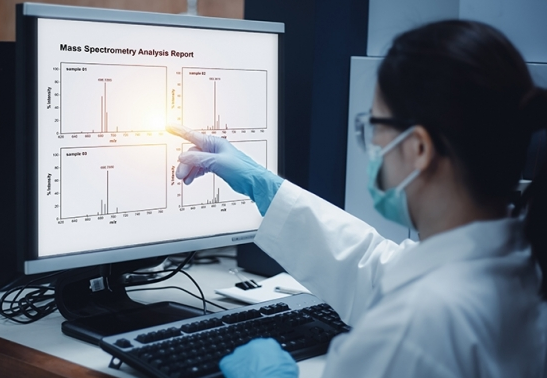
Scientists from University of South Wales (UNSW) Sydney, Australia with collaborators at Boston University, US have developed a artificial intelligence (AI)/ machine learning-based tool that shows early promise in detecting Parkinson’s disease years before the first symptoms start appearing.
The researchers from UNSW School of Chemistry examined blood samples taken from healthy individuals gathered by the Spanish European Prospective Investigation into Cancer and Nutrition (EPIC). Focusing on 39 patients who developed Parkinson’s up to 15 years later, the team ran their machine learning programme over datasets containing extensive information about metabolites – the chemical compounds that the body creates when breaking down food, drugs or chemicals.
After comparing these metabolites to those of 39 matched control patients – people in the same study who didn’t go on to develop Parkinson’s – the team were able to identify unique combinations of metabolites that could prevent or potentially be early warning signs for Parkinson’s.
There is no blood test to identify the risk of non-genetic Parkinson’s disease, but that may change if UNSW chemists’ new machine learning tool is validated.
The machine learning tool is called CRANK-MS, which stands for Classification and Ranking Analysis using Neural network generates Knowledge from Mass Spectrometry.




